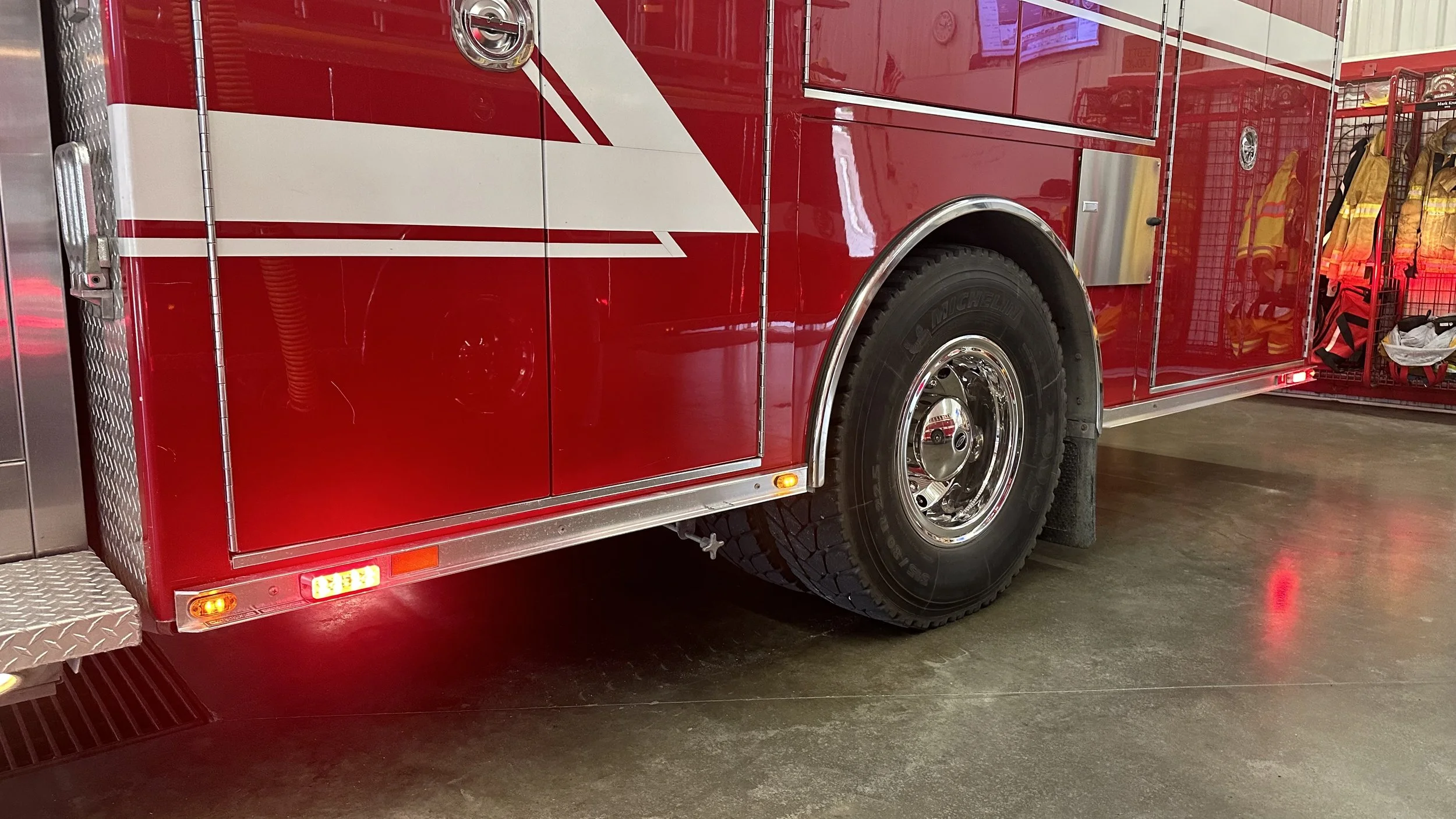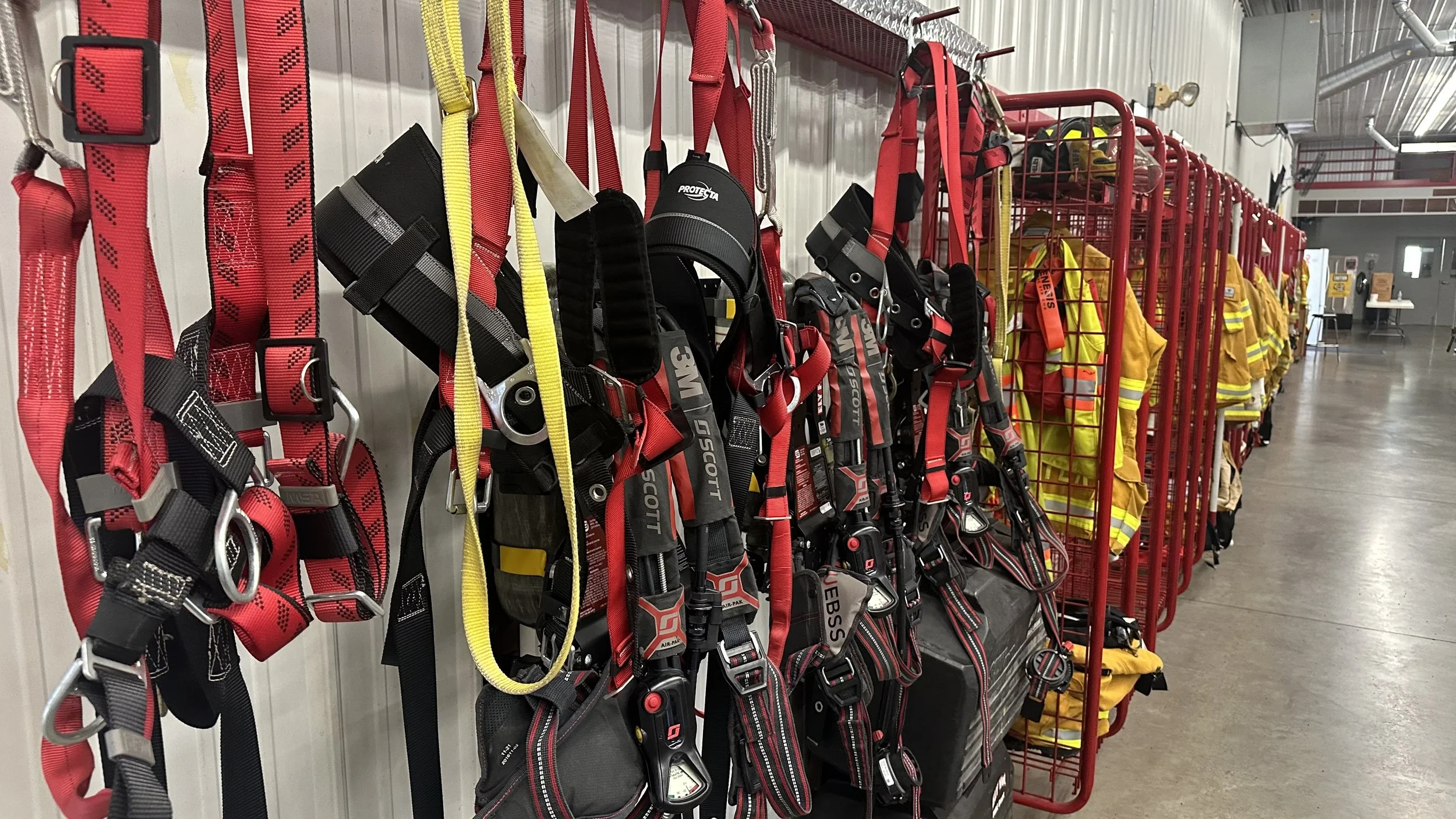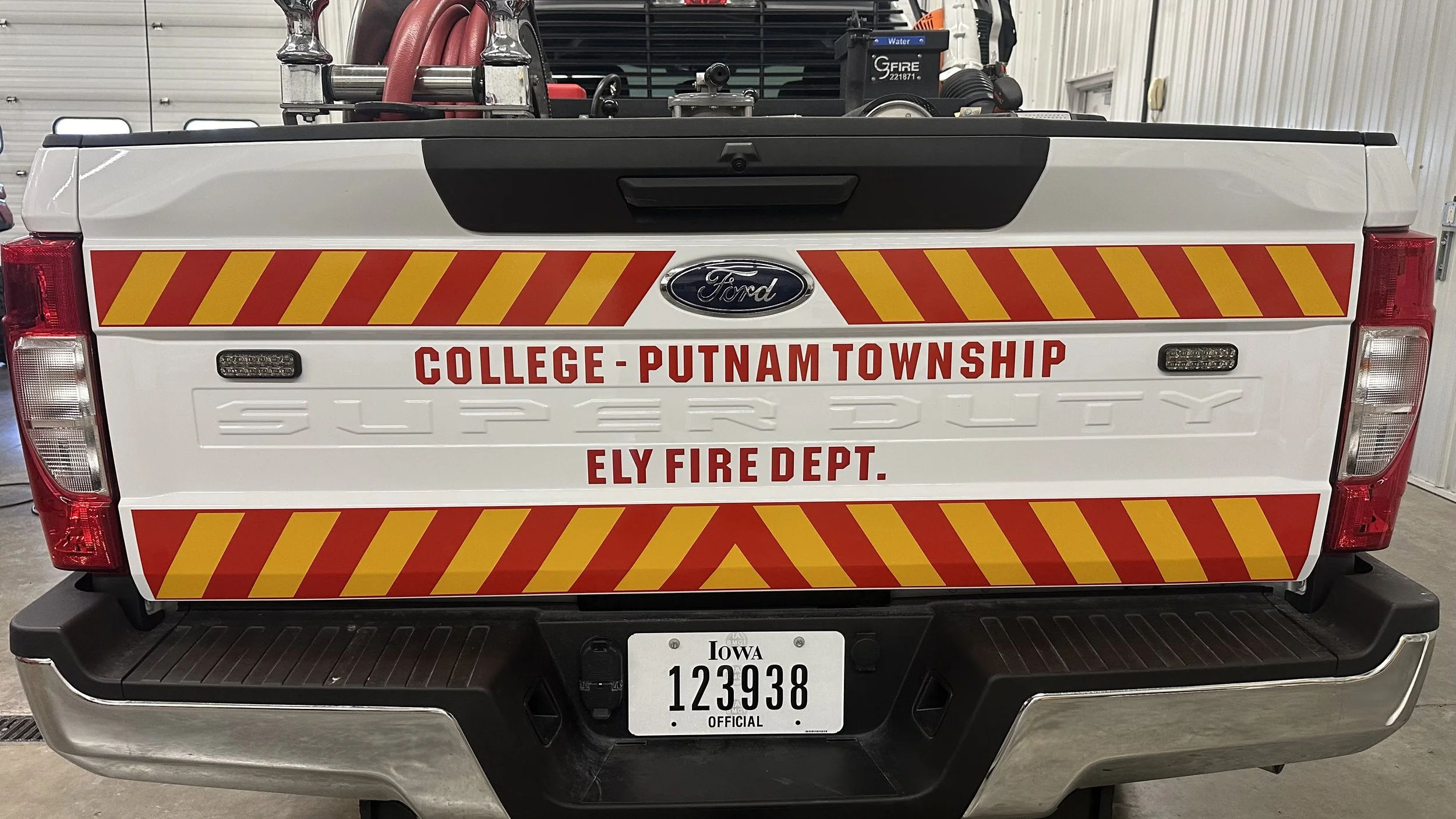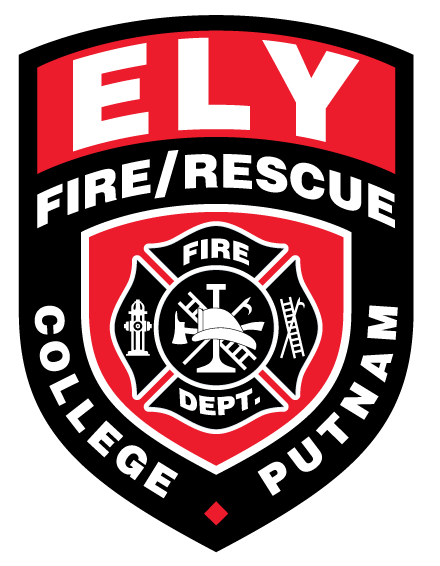WELCOME TO THE ELY FIRE DEPARTMENT
The Ely Fire Department is dedicated to providing emergency fire suppression, emergency medical service, general community support, and fire safety education to the citizens in the city of Ely, College Township, and Putnam Township.
ABOUT US
Learn more about our department’s mission and core values.
JOIN OUR TEAM
Your community needs you! Learn how to become a volunteer firefighter!
Future Ely 294
Learn about the new truck we have ordered and how you can help!








